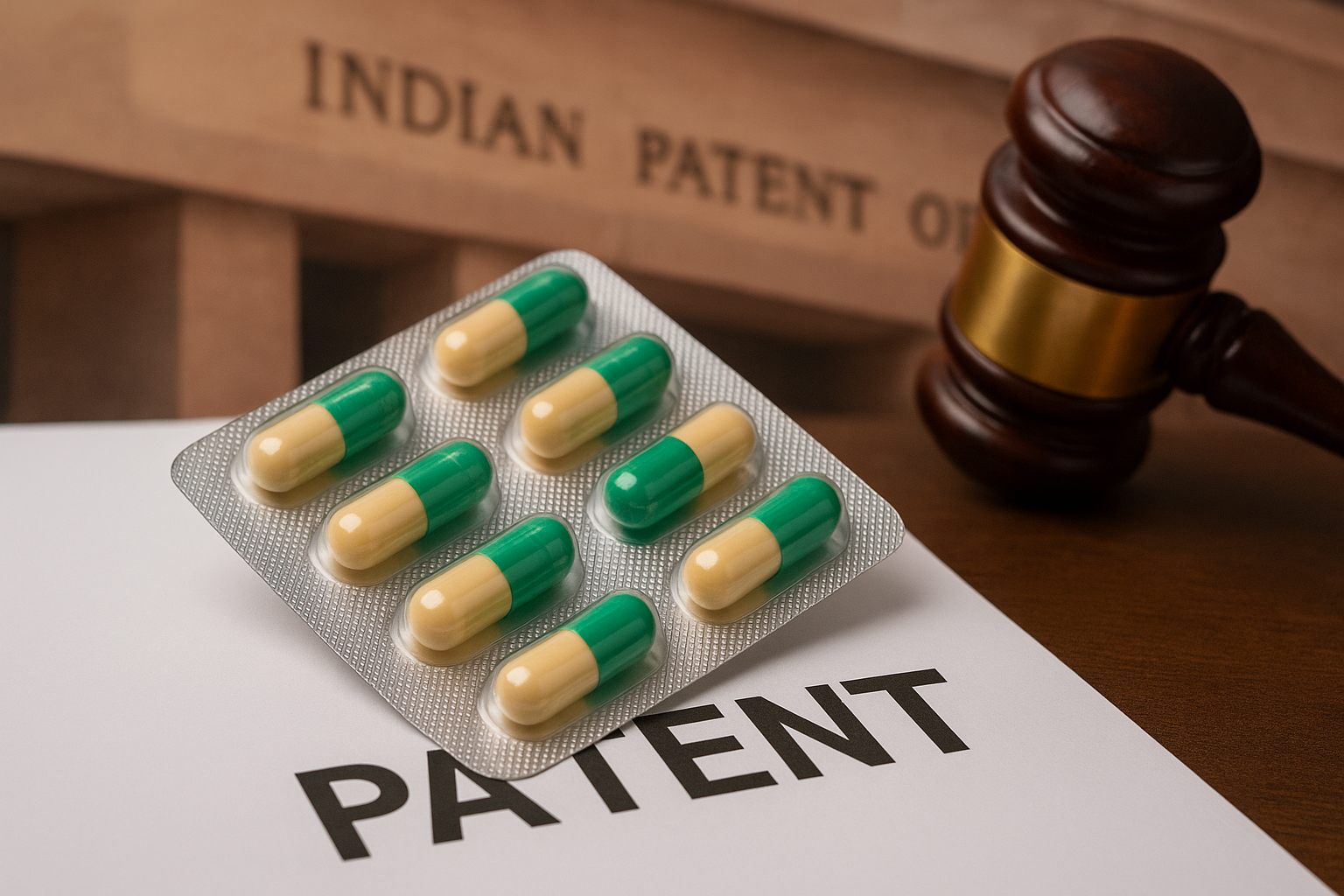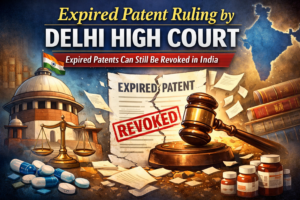The Indian Patent Office (IPO) has revoked the patent of Swiss drugmaker Novartis for its heart failure medicine Vymada. The decision was made on the grounds of lack of novelty.
Cheaper Drugs Likely Soon
With the patent struck down, generic manufacturers in India are now free to produce alternative versions. This is expected to reduce prices significantly and improve access to life-saving treatment.
Vymada, marketed globally as Entresto, contains the combination Sacubitril and Valsartan. It is widely prescribed for heart failure patients. However, the high cost of the branded version limited affordability for many Indian patients.
Strict Patent Standards in India
The ruling reflects India’s firm stance on preventing evergreening of drug patents. Indian patent law requires genuine novelty and an inventive step before granting or extending exclusive rights.
Earlier, multinational pharmaceutical firms faced setbacks in India over similar disputes. In past cases, the authorities revoked patents where they found only incremental innovation rather than breakthrough discoveries.
For more on how patent law shapes the pharmaceutical sector in India, read here.
Impact on Patients and Industry
The decision is a major win for patients. Cheaper generic drugs will make advanced cardiac care more accessible across India, where cardiovascular disease remains a leading cause of death.
Industry experts note that the loss of exclusivity will impact Novartis’ market share and revenue. Yet, it also paves the way for domestic pharmaceutical companies to scale production and offer affordable alternatives.
For related news on healthcare innovation and patents, explore here.
Looking Ahead
The revocation is expected to encourage more challenges to pharmaceutical patents that lack strong novelty claims. It also signals that India will continue prioritizing patient access to essential medicines over extended monopolies.
As generic firms gear up to launch alternatives, patients and healthcare providers are likely to benefit from lower treatment costs and wider availability.





